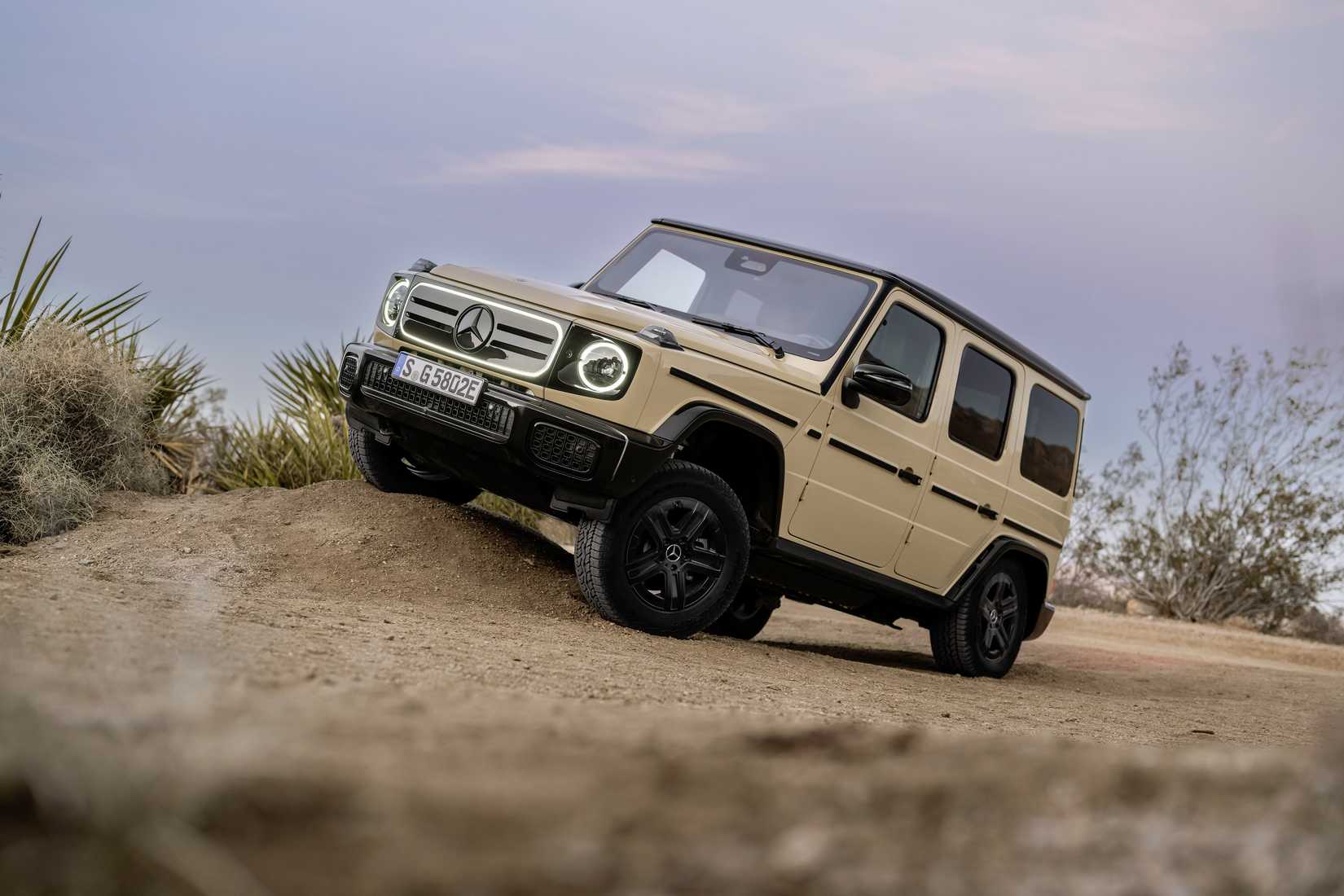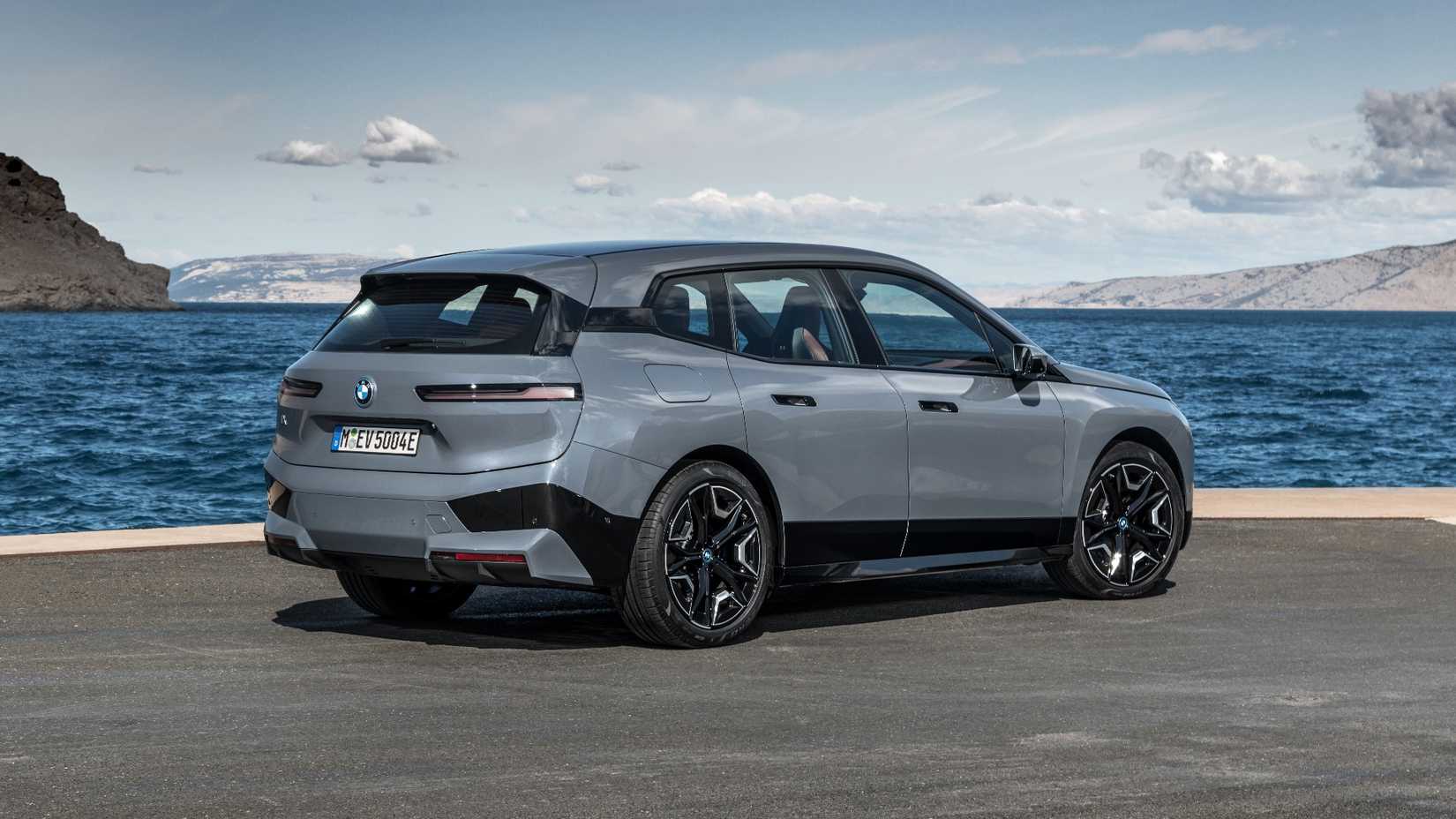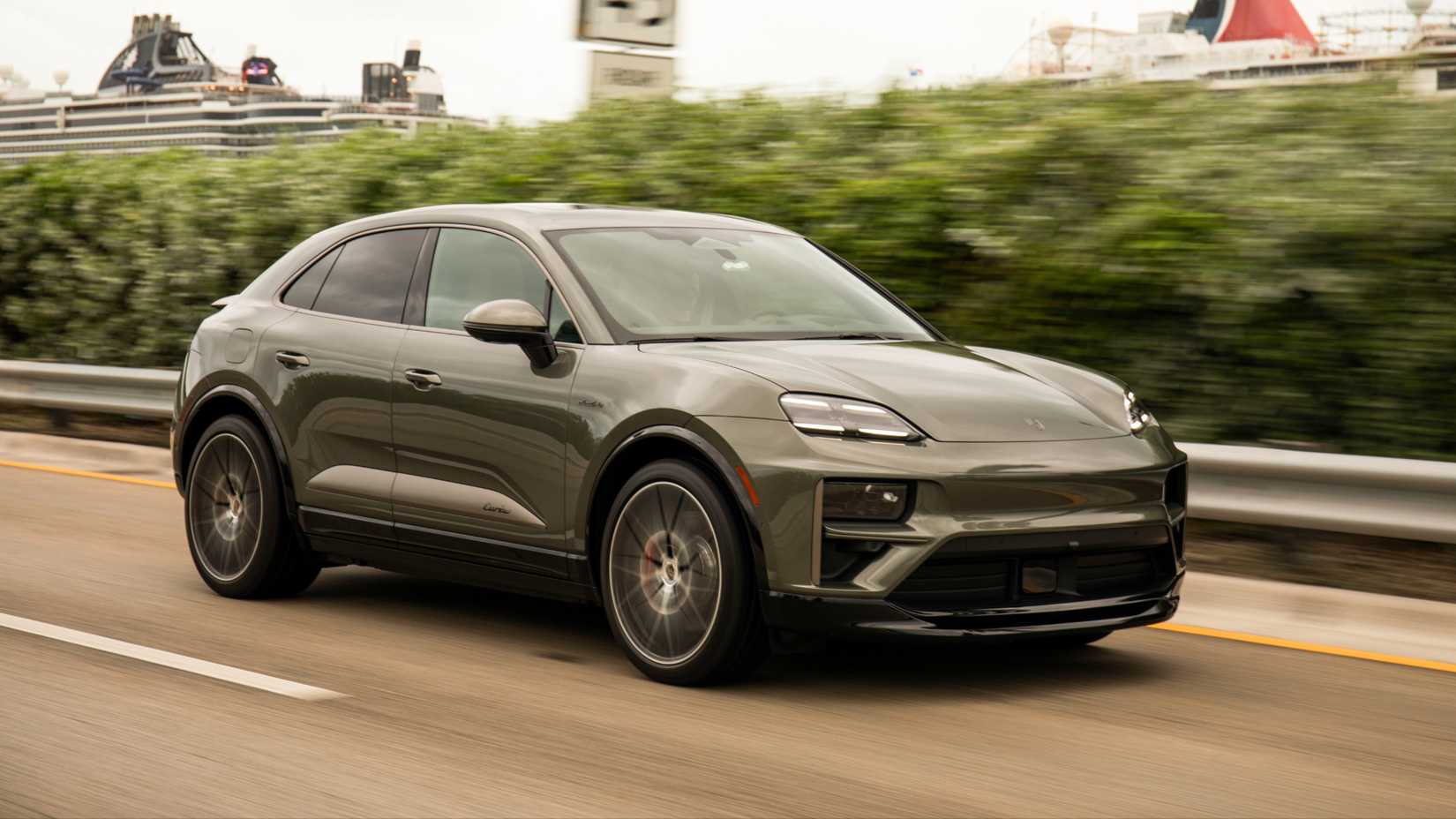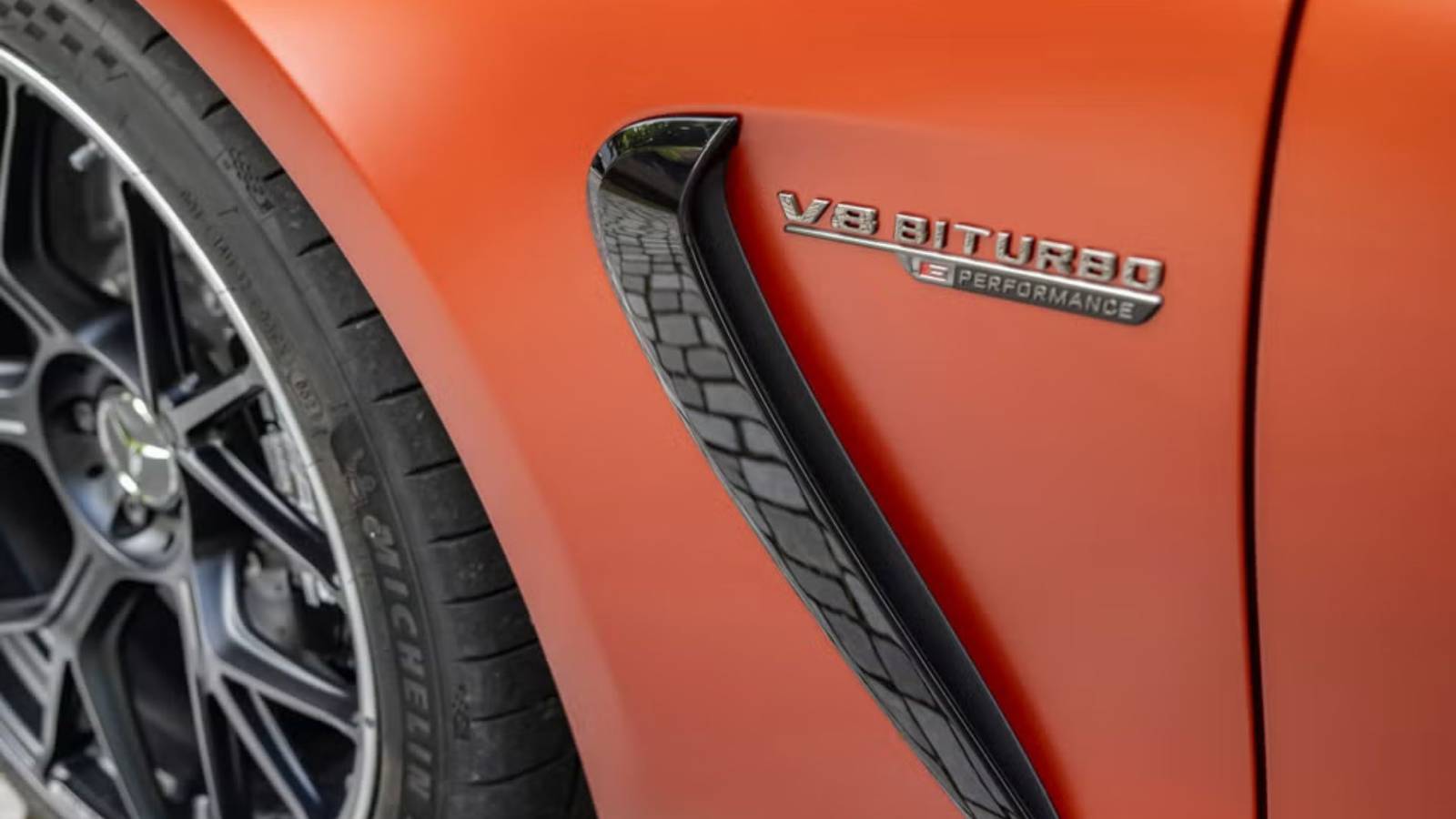A few years ago, the European Union (EU) passed legislation setting quite strict emissions regulations for the car industry. It would require at least a reduction in vehicle carbon emissions by 55% by 2030, and it even went as far as banning the sale of internal-combustion vehicles in 2035. Ever since, automakers have been pushing back on the planned restrictions. They got the EU to relax the 2030 emissions reduction requirement, but not the combustion engine ban. Now, the European Automobile Manufacturers’ Association (ACEA) and the European Association of Automotive Suppliers are asking the EU again to do away with the ban, or perhaps at least postpone it.

The first-ever electric Mercedes G-Class has arrived with four electric motors and 579 horsepower.
Mercedes-Benz
The Letter Comes From the Association President: The CEO Of Mercedes-Benz
The current president of the ACEA is Ola Kallenius. He’s also the CEO of Mercedes-Benz. He and the president of the supplier organization published an open letter to the EU pleading the case for automakers. You can find the whole letter below.
If you don’t want to read the whole three pages, don’t worry, we’ll sum it up for you. While the letter doesn’t ask for any hard specifics regarding emissions targets and engine bans, it does say that those targets are “no longer feasible” and must be “recalibrated.” It also doesn’t say that automakers are averse to reductions in emissions, nor some regulation, as they are making efforts to do so now and planning to do so into the future. The letter even highlights efforts to reduce emissions on the production side, and that they’re committed to the eventual target of zero emissions by 2050. The automakers just want a bit more leeway. A key reason for the automakers’ concerns is that adoption of EVs has slowed significantly, with EV cars sitting at only 15% of sales in Europe, better than any other segment, thus automakers need flexibility to respond ot the market.

2023 BMW iX xDrive50 rear 3/4
BMW
Besides wanting more flexibility in emissions legislation, the letter asks the EU to do more to support the EV industry outside of just the automakers. The automakers want the EU to provide more incentives to customers to encourage EV purchases. They want investment in infrastructure to make it easier to own and operate EVs. Additionally, they’d like to see some regulations eased with regards to setting up supply chains and battery manufacturing in Europe.
The Concerns Aren’t Entirely Without Merit
While you should be skeptical of any for-profit company asking to have regulations lifted regarding the environment and other issues just for easing business, the ACEA does actually have some points. EV adoption has slowed down. It hasn’t stopped by any means, but it’s not happening as fast as many hoped and expected. A great example of this issue comes from Porsche, which had ambitious EV plans, but is facing the issue of slowing sales. It’s bad enough for Porsche that the company is bailing on a planned battery plant and looking at keeping some of its combustion models around longer than planned.
Automakers can’t afford to invest huge amounts of money into more EVs if they can’t sell them. Also, since there are significant potential gains in hybrids, it does make some sense to be less hard and fast about how emissions are reduced, such as requiring EVs to be the only options.
The ACEA also has a strong point about needing to help make the switch to EVs as appealing as possible. Charging infrastructure is a major pain point, not just in Europe, but in the US. So is cost. Investing in infrastructure and offering incentives can help on both fronts, which would help increase demand, which would help increase the number of EVs on the market.

2026 Porsche Macan Electric
Porsche
Even with all that in mind, the EU also has a point. Climate change is a real problem, and reducing greenhouse gas emissions is critical to dealing with that problem. As such, it needs to happen as quickly as possible, hence the fairly strict regulations issued so far. The letter mentions a meeting coming up in September that will probably be a place where more specifics about the legislation can be discussed. The EU has also shown willingness to be flexible on these issues, too. So we suspect that some kind of decent compromise that can continue to reduce emissions while keeping automakers in business can be reached.
Source: LinkedIn, h/t Motor1
